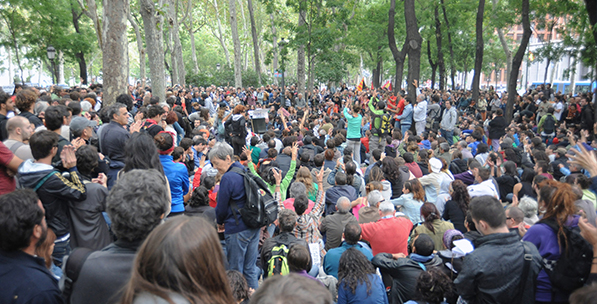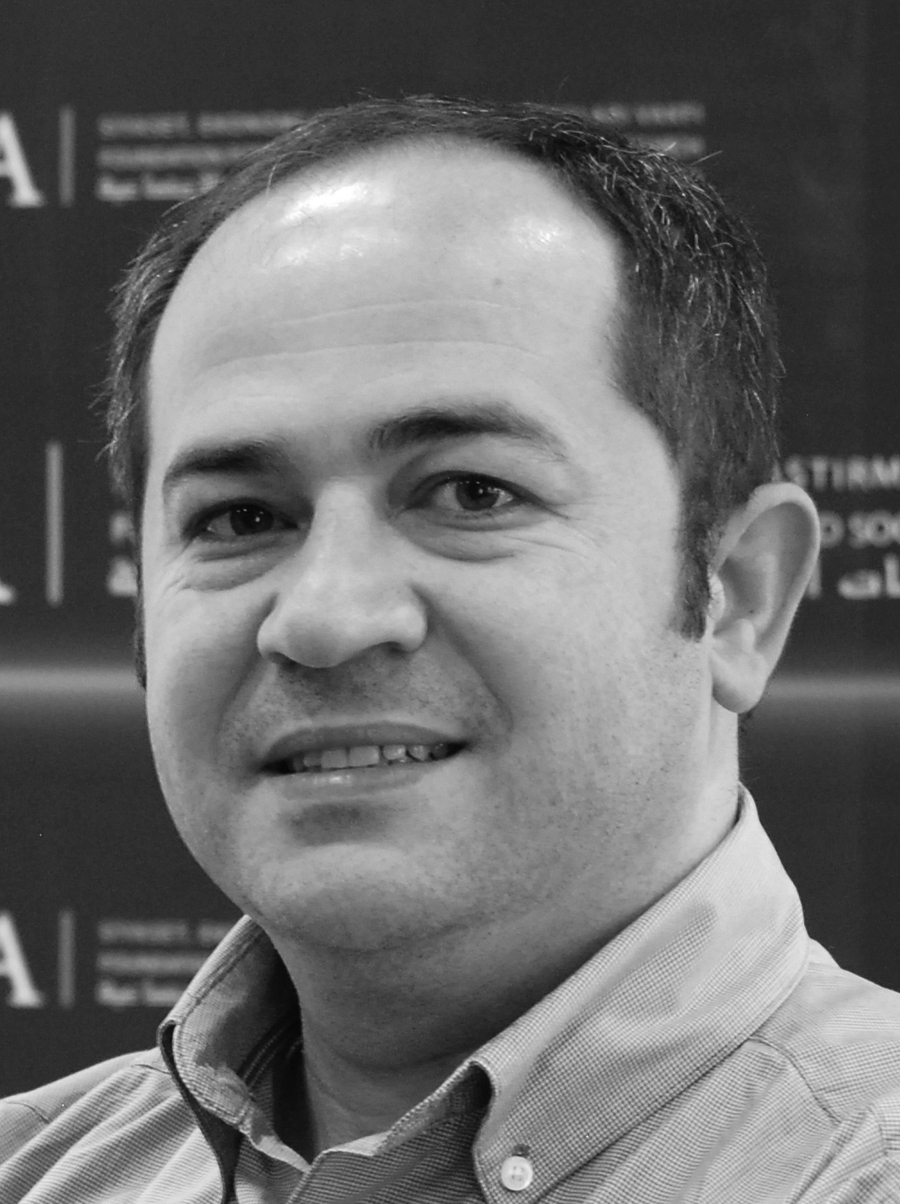How should civil society organizations relate to politics, political power and a State in a democratic system?
An heated debate goes on in Turkey to help find an answer to this question.
As the debate continues (or is conducted) over the Gülen Movement and the Justice and Development Party (AK Party), it is mostly positions rather than principles that come to the forefront. For this reason, these debates should take particular subjects into a parenthesis and continue on a normative basis over proper relationship between civil society, politics, political power and state.
Because the tutelary system undermined the status of politics, political power and state vis-à-vis the society in the Old Turkey, a discussion on the normative basis of civil society lacked any meaning. The current positive developments, however, make it possible as well as necessary to define the normative nature of this relationship. Without doubt the solution to our centuries-problems will still have to wait for some time. Yet, regardless of the nature of any problem, the ground rule or basis has been laid out: politics is not unresponsive to societal demands, state increasingly responds to politics. The liberation of politics as the sole mechanism for repairing and normalizing the relationship between the regime and society increases the possibility to resolve our current problems. As channels running between society and politics increase and enlarge, the sway politics will have over state and political power centers will also rise in parallel. Unless this foundation is undermined, the nature and characteristics of the regime will be determined by the society through politics.
CONSOLIDATING THE GROUND OF POLITICS
To defend politics is not sacralizing the State and monopolizing political power; if anything, it is to put the State and political power into the service and supervision of the nation.
The quality of politics largely depends on the politicization level of the society. As the society is involved in politics by means of individual or collective instruments, the politics will become stronger, reinforce its clout over the regime and put the State into the service of nation. For this reason, the most critical insurance for democratic systems is to keep channels open in order to establish relations with politics, and to have robust civil society activities. The strength of civil society does not derive from secret official documents, intelligence information about influential persons and institutions, or its potential to steer strategic institutions. These mechanisms infect civil society instead of consolidating it, and weaken it as well as politics instead of strengthening them.
The foundation of legitimacy for civil society activities is also valid for the political power. The political will takes its strength from the processes of being elected and supervision by the society. The civil society’s power of supervision provides legitimacy to politics rather than placing politics under guardianship. The society that determines the political power by the ballot box, again supervises it through civil society activities and the ballot box.
GULEN MOVEMENT’S PREFERENCE?
Having said that we may now move to our current discussion in Turkey, the Gülen Movement’s relations with politics, the political power and the State. The Gülen Movement is one of the most widespread and strongest civil society organizations in Turkey.
The movement has the potential to influence and control the politics and the political power through civil society activities in many areas. However, the Gülen Movement is recently being criticized for crafting political engineering via its members in strategic institutions of the State, instead of monitoring the politics and the government by fortifying its power in the civilian sphere. In other words, the Gülen Movement is being questioned not for its civil society ac



